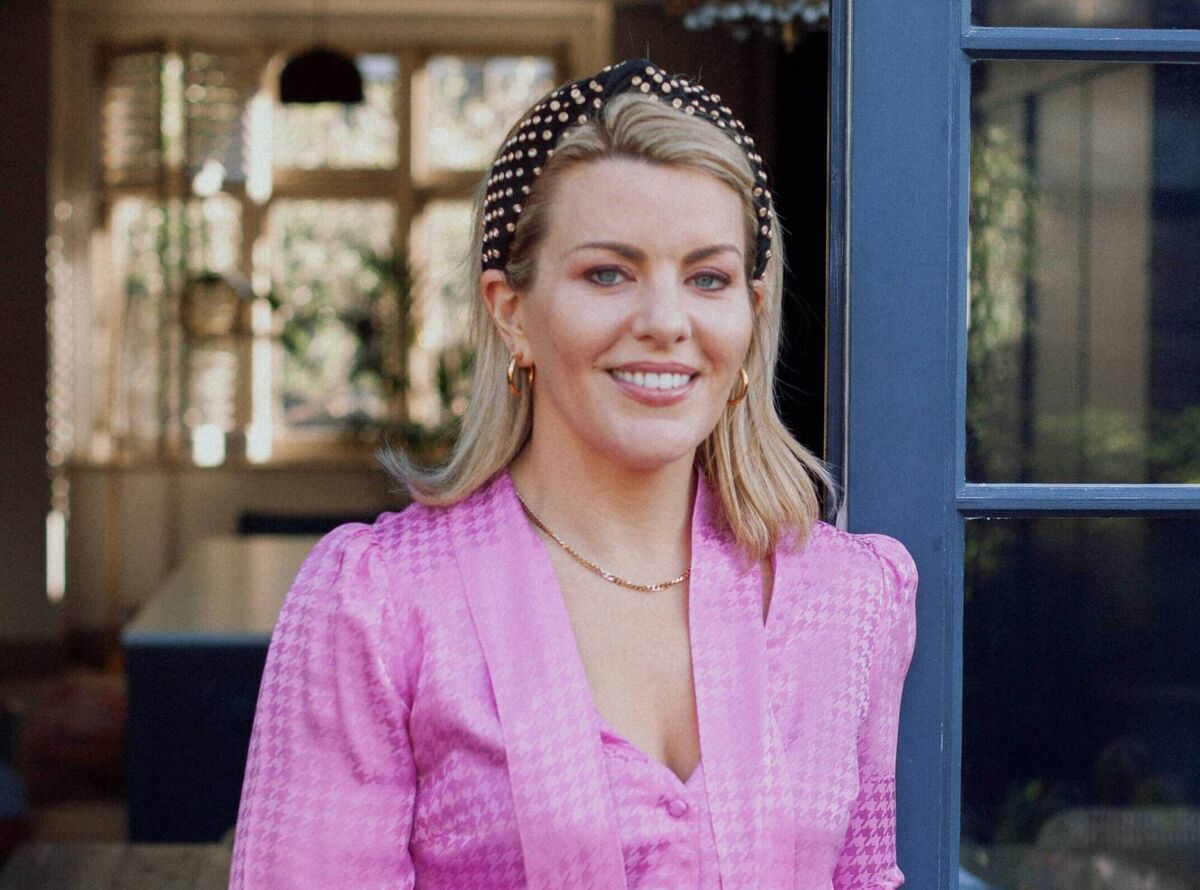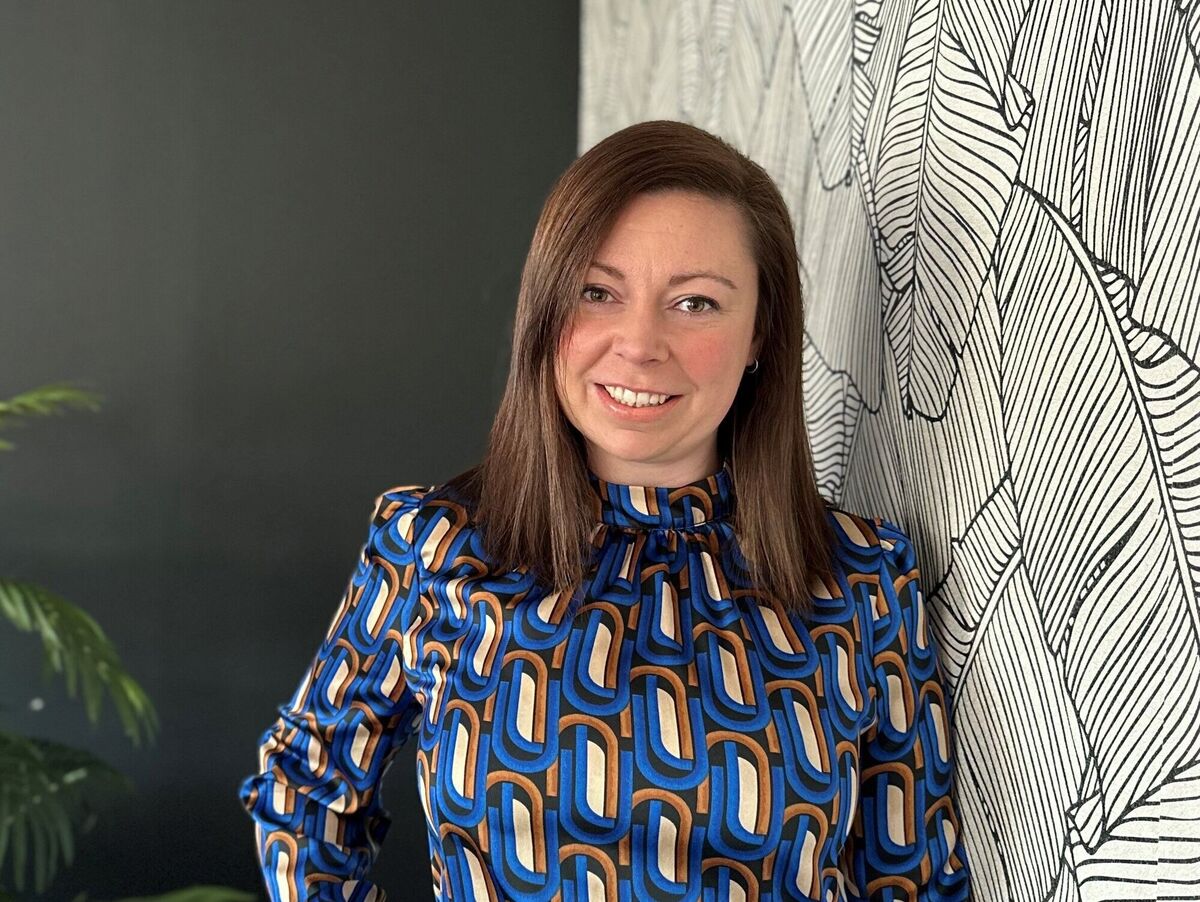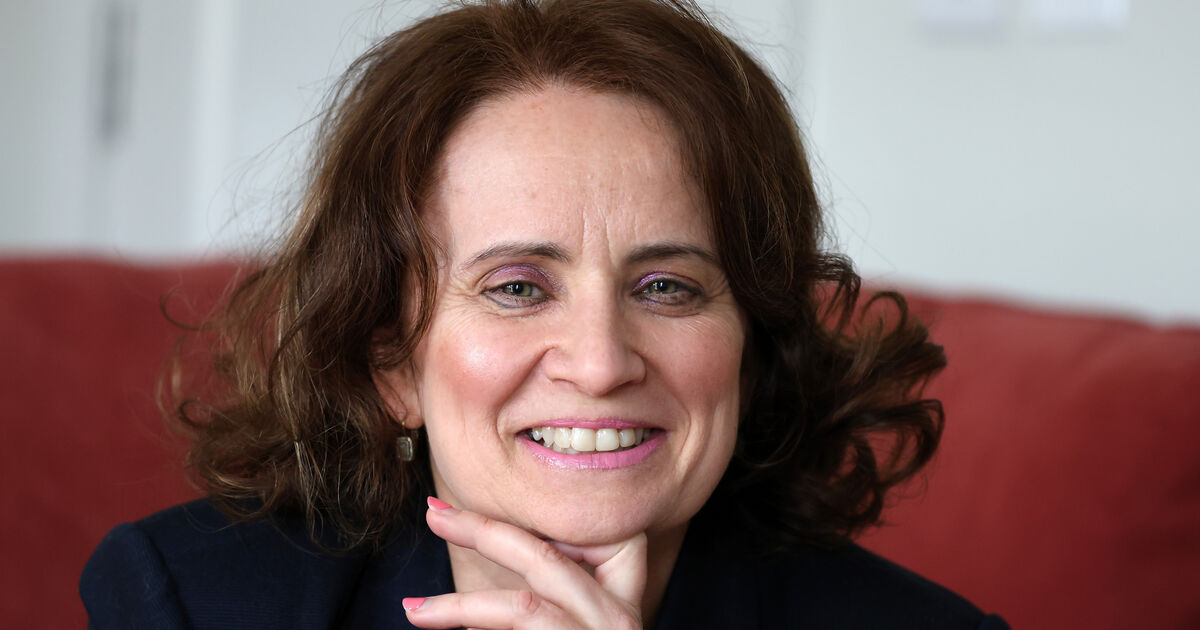Konnie Jankova was single when her first child was born.
“When Simeon was two and a half, I met someone. At that point, I really wanted to make a proper go of having a partner in my family,” says the mother of two boys. “Life was great,” she says.
“We wanted to have a proper family, so we decided to have a child together. I was 30 when I had Simeon and 35 when I had Aston.”
But “things didn’t go well”, and Dublin-based Jankova separated from her partner in 2018. “I was very low. You feel alone. I had a few people I could confide in, but I was worried about the money aspect. Would I have enough? And, also, could I find an apartment? It wasn’t easy at the time.
“You’re worried for yourself, for your children. I was very lucky to find an apartment, but money was a big worry. I needed to get a second job to support us,” says the German native, a special-education teacher in a primary school.
She found her second job, giving grinds in German, she loved her apartment and life started to get “a little bit better; things were looking up, I felt better about myself”. Her second son has a good relationship with his dad and the couple are now “wonderful co-parents”, Jankova says. Things turned out for the best.
Though “a single-parent household is also complete”, Jankova still felt alone at times, she says. “There weren’t many single parents around — a few in my workplace, so I got good support there.”
When she brought Aston, now 12, to the Santa Experience in Finland a few years ago, “There were only families: Mother, father, children; a whole plane full of families. I felt a bit isolated. Everybody in a family — they always had someone to talk to.
“It was a group holiday and when a man happened to sit beside me at the table, I was thinking, ‘Can I talk to this man? Will his wife think I’m interested in him?’ I had a normal conversation with him, and I immediately interacted with the wife, too, because I didn’t want her to feel jealous, whereas, if I’d been with a partner, I could have talked without that fear.”
Thankfully, says Jankova, there was one other single parent on the trip, as well as a dad travelling with his two children. “We became a trio — we’d sit on the bus together. Aston played with the other lady’s son and I’d chat with her and we involved the father who was on his own, also.”
Yet Jankova would not have foregone the trip. “I didn’t want Aston to miss this experience, so it was, ‘We’re going whether we like it or not’.”
She is adamant that her feeling “left out” was nobody’s fault — she was simply experiencing the natural social discomfort of being single in a large group where the majority are partnered up. “The organisers were trying their best, saying, ‘Look, there’s another person travelling alone with a child — you can sit with them’.”
App for single parents

UK-based Zoe Desmond — co-author with Rebecca Cox of How to be a Happy Single Parent — set up single-parent app Frolo (combination of ‘friend’ and ‘solo’) five years ago. She did so after feeling “very lonely, overwhelmed and unsupported” in her single-parent experience — she craved connection with others in a similar situation who understood what she was going through.
The app has been going strong since, and Desmond is set to host the first official Frolo meet-up in Dublin next week. “The reason single parents are drawn to the Frolo app is a mix of seeking friendship and connection with other single parents who get it, a sense of community, as well as a way to plan their social life and holidays and make new friends.”
Explaining that the Frolo app has two modes — ‘community’ and ‘dating’ — Desmond says several hundred Irish Frolo meet-ups have already been organised, from nights-out to holidays and play-dates for the children.
A friend introduced Jankova to the Frolo parenting app — she has since been on holiday with other single parents and their children and gone on a spa weekend with solo mums. “It was ideal: The companionship, meeting men and women in a relaxed environment. We had something in common. I felt I could be myself and really felt more comfortable meeting with like-minded people who understood me. You can say, ‘Sorry, I can’t come, I don’t have a babysitter’ and they’ll say, ‘That’s OK, you’ll be there the next time’. It’s accepted.”
She also likes the sharing-the-burden aspect. “If someone’s preparing for court, or in a situation where they’ve separated, but the other parent’s still in the house, they can ask for advice, find a sounding board, feel supported.”
Cork-based mother of one Joanne O’Brien works in the travel agency business ( travelcounsellors.ie) and has been a solo parent to her five-year-old son for four years.

The challenges of being a single parent are the same as for any other parent, she says. “Except it’s doubled, because you have to do everything on your own. So, in my case, if my son is sick in January and again in March, I have to take time off work on both occasions, whereas when there are two parents, they can share the load.”
While on the Frolo app, she enjoyed the meet-ups. “I liked that it categorised things, because there are different types of single parents, for example, those parenting by themselves and those who have their child 50% of the time. We all have different struggles.”
‘Extra challenges’
According to the 2022 Census, 17% of family households in Ireland were headed by one parent in 2022, translating to 186,487 one-parent mother families and 33,509 one-parent father families.
Psychotherapist and relationship counsellor Bernadette Ryan says, “It’s not that it has to be two parents. It’s about recognising the extra challenges that might be there for single parents.”
Ryan believes that many parents forget their own needs. “Perhaps particularly mothers — and if a single parent is a mother there’s an additional stress they feel to put the child or children first all the time. Society expects women and mothers to be able to do it all — and women and mothers try to prove they can do it all.”
This, says Ryan, is why it’s vital that single parents look for whatever support is available. She advises not holding back when it comes to looking for this. “It’s important that you have as much support in raising your children as possible. Ask for support when you need it. Don’t feel you have to do it all, particularly if you’re holding down a full-time job.”
Connection with others who get what it is like is also essential, she says. “Anytime we can connect with a group of people in a similar situation, it makes us feel far less alone, more supported. As human beings, we strive for connection, and adults need connection with other adults.”
- Frolo single-parent party meet-up is at Zozimus, Dublin, on March 27. Tickets and more info at www.frolo.com

